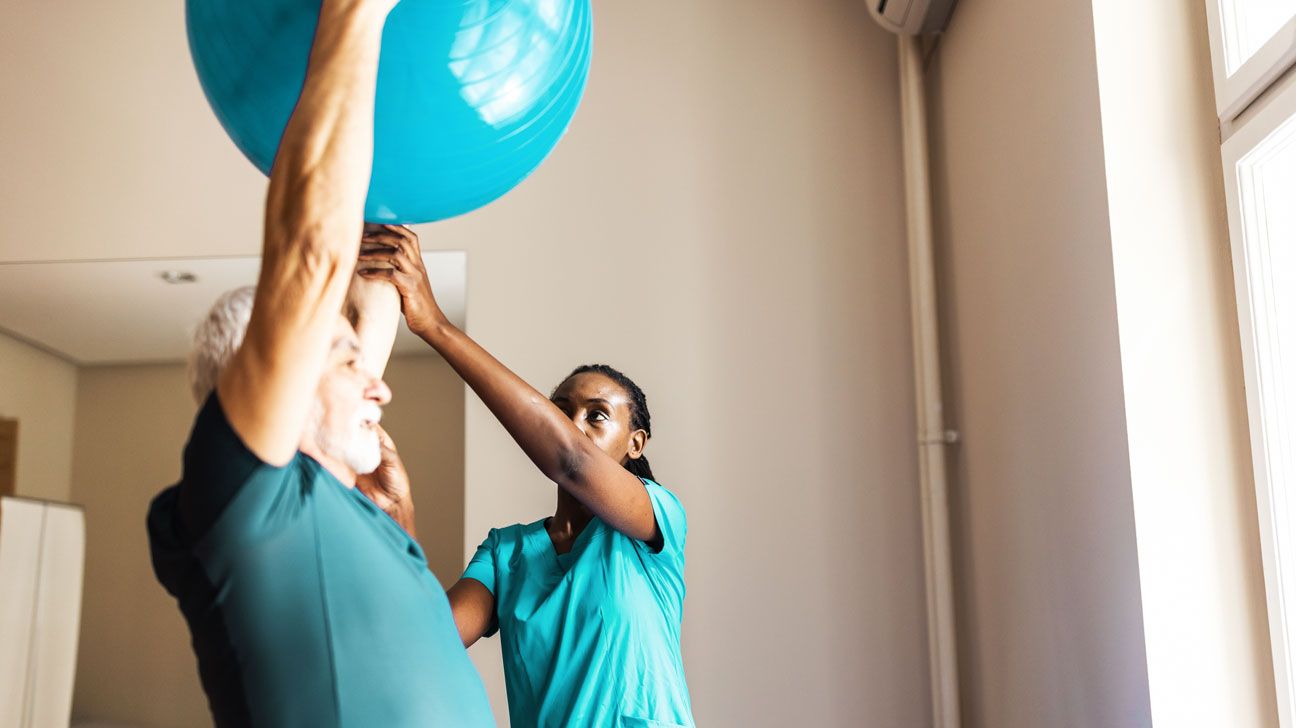Empowering Healing Via Cardiopulmonary Physiotherapeutic Treatment in the Journey of Post-Operative Recovery
Empowering Healing Via Cardiopulmonary Physiotherapeutic Treatment in the Journey of Post-Operative Recovery
Blog Article
Cardiopulmonary physical therapy serves a vital role in helping individuals recover after surgical procedures, particularly for those who have experienced operations affecting the cardiac system and lungs. Healing from an operation can be a difficult process, often accompanied by discomfort, exhaustion, and limited mobility. However, with the right strategy and support, patients can restore their vitality and enhance their overall health. This type of therapy concentrates on enhancing the function of the cardiac system and pulmonary system, which is essential for a favorable healing.
One of the primary objectives of cardio-pulmonary physiotherapeutic treatment is to enhance cardiovascular endurance. After an operation, individuals may experience decreased endurance, making everyday tasks feel more exhausting. Through a carefully planned exercise program, therapists assist individuals in incrementally increasing their physical activity levels. This may consist of exercises such as ambulating, bicycling, or targeted respiratory activities. These activities not only aid build strength but also increase respiratory capacity, which is vital for ensuring that the body gains enough air.
Moreover, cardio-pulmonary physiotherapeutic treatment emphasizes the significance of breathing methods. Many surgical patients may find it difficult with deep breathing due to discomfort or limited movement. Physical therapists instruct individuals how to execute profound breathing exercises, which can facilitate expand the lungs and clear out any secretions that may have built up during the healing process. Proper breathing methods are crucial to prevent issues such as pneumonia, which can arise if the lungs are not functioning effectively. By concentrating on these techniques, patients can improve their recovery and overall pulmonary health.
Another critical element of this type of therapy is education. Therapists provide valuable insight about the recovery journey, including what individuals can expect during healing. They clarify how to recognize warning signs that may indicate complications, helping patients feel more in control of their well-being. Comprehending the their explanation role of physical activity in recovery allows patients to take an active part in their recovery process. This empowerment is crucial for fostering confidence and encouraging a constructive outlook during recovery.
In summary, cardiopulmonary physiotherapeutic treatment is an essential aspect of post-surgical rehabilitation for patients experiencing heart and lung operations. By focusing on enhancing heart and lung endurance, instructing breathing techniques, and offering education, physical therapists empower individuals to assume control of their healing. This specialized treatment not only assists in physical recovery but also supports emotional well-being, making the journey of healing smoother and more manageable. With the appropriate assistance and guidance, individuals can successfully regain their vitality and go back to their daily lives.